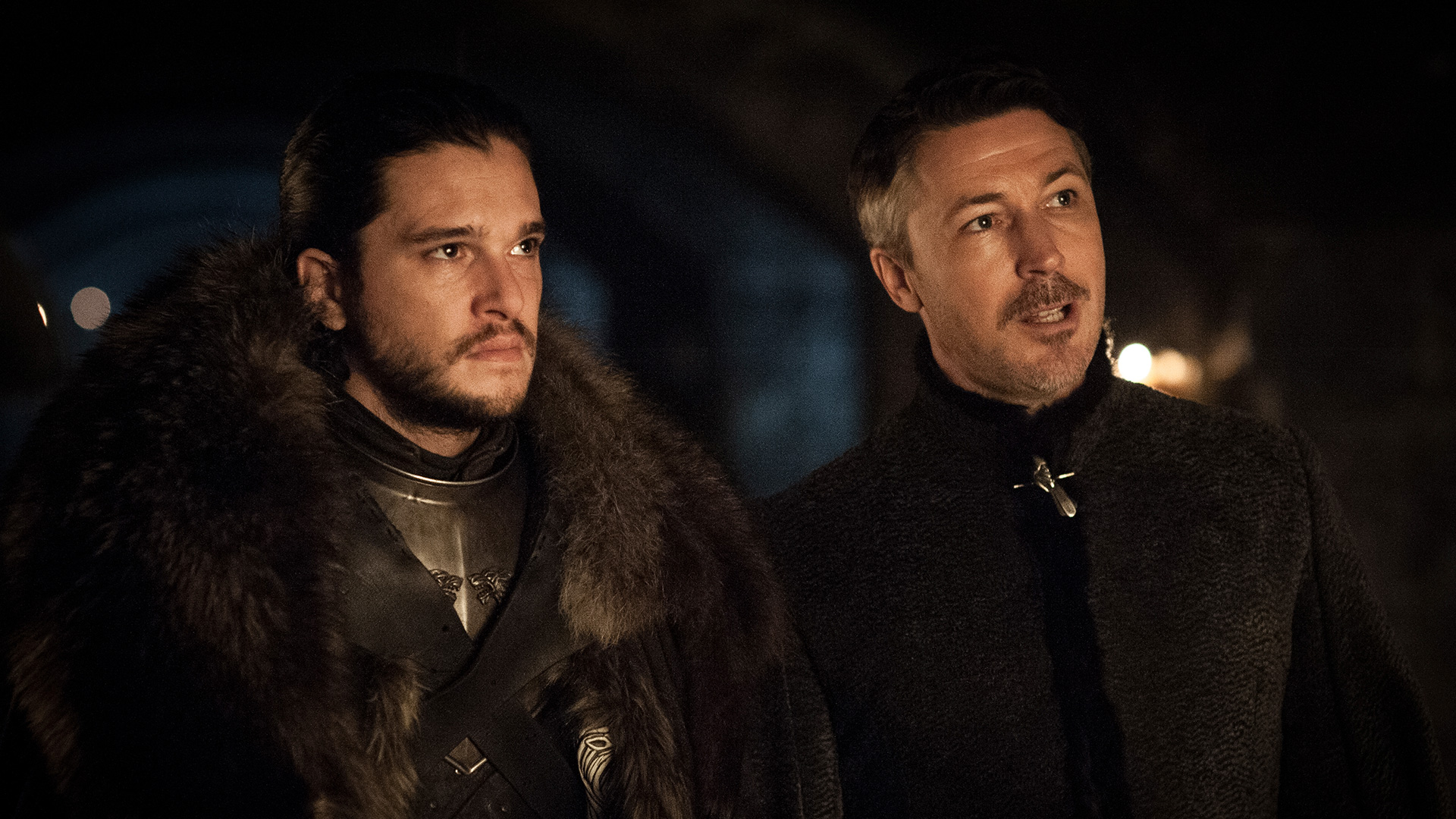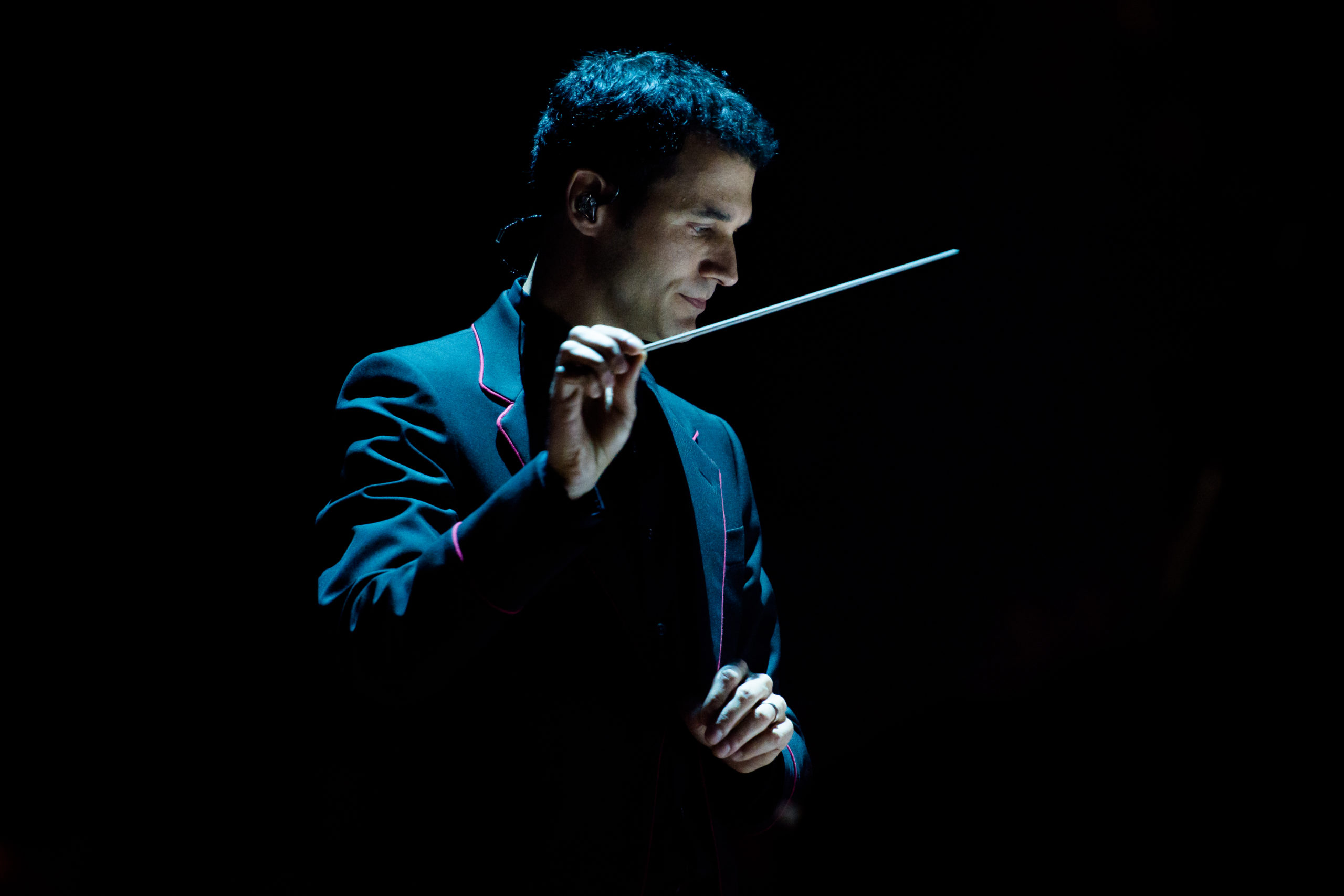Millions of pedants have lived by this logic from the moment Howard Gaye suited up as Jesus of Nazareth in D.W. Griffith’s Intolerance, but with Game of Thrones, it really was better to read the book first. Not because George R. R. Martin’s prose or storytelling was exemplary—in fact, the HBO adaptation did a much better job streamlining the dozens and dozens of extemporaneous plot lines—but because putting yourself through those thousands of pages was the best way to fully absorb who was who, and what was going on. Game of Thrones is the most popular fantasy television show of all-time for a reason; most people aren’t conditioned to memorize shit like the succession line of the brothers Baratheon (Robert, then Stannis, then Renly), who only occupied the throne of Westeros because they overthrew the king (Aegon), killed his heir (Rhaegar), and banished his children (Viserys and Daenerys).
That was all easy enough to remember in the first season of Game of Thrones, which debuted during Barack Obama’s first term. Six years later, the show has ditched the books (which remain unfinished, to the chagrin of thousands) and grown to an untamed sprawl of conflicting narratives, forgettable names, and supposedly-important plot points so narratively obscure the show has taken to utilizing the least sexy of fictive devices: the pre-episode recap. Previously on Game of Thrones, each episode now begins, pulling scenes from seasons long past to remind you that some of this shit matters more than the rest. With less than fifteen episodes to go before the show’s conclusion, and at least a couple more wars to be waged, there’s no time to waste with artful remembrance.
That was made distractingly clear during last night’s “Stormborn,” the second episode of the penultimate season. There’s no time for Daenerys or Jon Snow to decide to trust each other; they’ve just got to believe in each other’s heart, and also find a way to figure out they’re related. There’s no time for Tyrion to hash it out with Ellaria Sand over the death of his niece, Myrcella, instigated at her behest a couple seasons ago. There’s no time for Samwell Tarly to discover the cure for greyscale, the corrosive disease afflicting the once-proud Jorah Mormont—he’s just got to pull out a random book by some random maester in a chance off-screen moment, and get to the disgusting de-lesioning.
The speed with which you really need to remember this stuff was best summarized in an early moment when Melisandre explains to Daenerys why her allegiances now lie with her, and not any of the other show protagonists she’s attached herself to. Melisandre tells Daenerys she may be the “prince who was promised,” a mythical figure alluded to throughout the show, who may bring light and justice to the kingdom. When Daenerys points out she’s not a prince, her translator bounds in to inform us that the Valyrian word for “prince” is actually gender-neutral, so Daenerys may, in fact, be the “prince or princess who was promised.” The awkward book report is bookended by a bitchy Tyrion comment: “Doesn’t really roll off the tongue, does it?”
So much of the episode was spent explaining stuff, or reminding you about other stuff, that these small moments of banter once intrinsic to the show’s appeal instead came incredibly forced, like a script note reading “TYRION ONE-LINER.” They get some credit for not showing a literal flashback when Nymeria, the long-lost direwolf, returns to greet Arya in the forest, though any viewer would hardly be judged for not remembering that small plot way back in season one, when most of the Starks were alive and Jaime still had his hand. That one scene’s adherence to the most basic of storytelling tenets—show, don’t tell—is somewhat notable speaks to how cluttered the season already feels. (Amazingly, the show couldn’t let that moment exist on its own: In the post-episode recap, the relationship between Arya and Nymeria was explicitly explained with—surprise—a flashback.)
Take poor Grey Worm and Missandei, who get five minutes in one of the final fifteen-or-so Game of Thrones episodes ever to resolve their long-bubbling lust for each other, complicated by the fact that Grey Worm has no dick. Once upon a time, their first kiss might’ve felt like cathartic release, accompanied by a moving moment in which a trembling Grey Worm allows the love of his life to see all of him, even though it’s the utter shame of his life. The explanation of the Unsullied training process might have been interesting backstory, too. Instead, it felt like a hackneyed device akin to so many corny rom-com climaxes—dead space in the midst of so much boundless action and explanation, all of which is now meticulously designed to move us one space closer along the chessboard toward some ultimate denouement. By contrast, what use do we have for love?
Anybody who’s ever picked up a fantasy book knows what almost always shows up in the front, before the text begins: some kind of elaborate family tree specifying who married who, who sired who, and so on and so forth. There’s a type of detail-oriented reader who will always spent some time poring through the family tree before beginning the actual book, and Game of Thrones now feels like it’s entirely aimed at the viewer who can memorize the most rote shit. It’s quaint to think that the show was once billed to skeptics as “The Sopranos meets Lord of the Rings!” because by now, the show shares nothing in common with the artful elision that made the waning moments of David Chase’s show so fascinating. Was Tony going to be indicted? Was Silvio going to survive his assassination attempt? Who knew? Who cared?
By “Stormborn”‘s final moment, a half-dozen characters we may or may not care about get unceremoniously murked, in what’s perhaps the show’s least moving scene of half-deaths to date. Euron Greyjoy is perhaps the show’s flattest villain to date—a purely evil canard with no characterization or gravitas besides his irrepressible urge to fuck shit up, and his look ripped from the Jack Sparrow reject pile. He’s a lot of fun to look at, but who’s going to feel any type of way when he gets inevitably dealt with? We’ve only know him for so long, and we know nearly nothing about him besides “he hated his family, and he’s kind of a dick.” The job of pretending he’s meaningful is on the viewer, since the show is trying desperately to get to the more important things.
CORRECTION: A previous version of this article mistakenly claimed Jon Snow and Daenerys are half-siblings. Daenerys is, in fact, Jon’s aunt. SPIN regrets the error.





